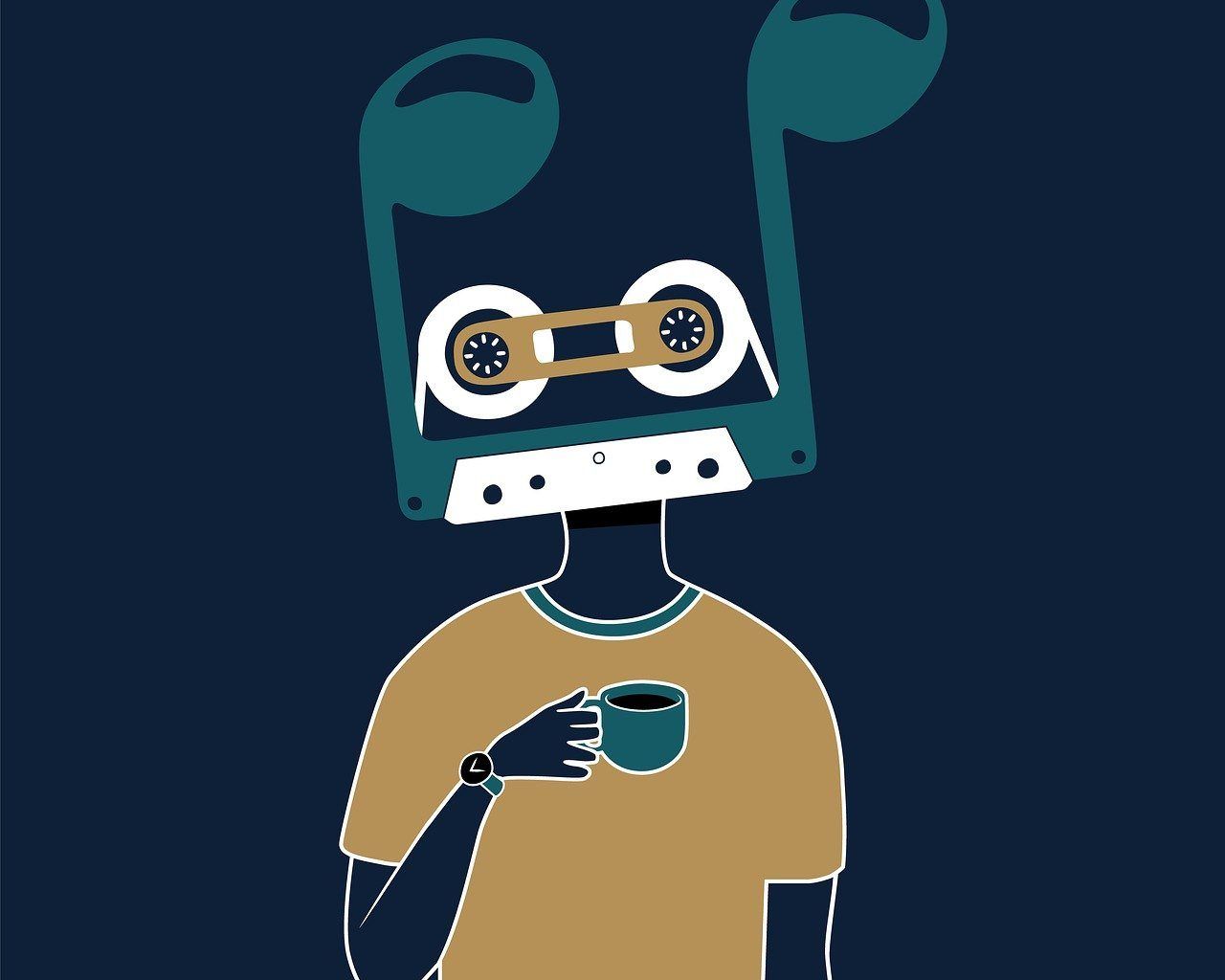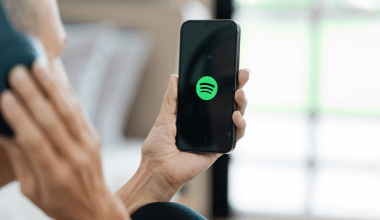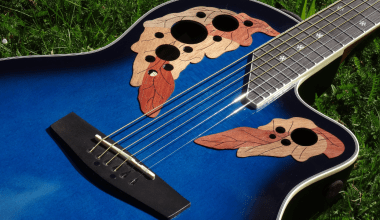The rise of artificial intelligence (AI) is changing the way we work, communicate, and create—and the world of audio is no exception. With the advent of AI audio generators, producing music, sound effects, voiceovers, and more has become faster, easier, and more innovative than ever before.
But what exactly is an AI audio gen erator? How does it work, and why is it such a game-changer? In this blog, we’ll dive into the fascinating world of AI-driven audio technology, exploring its benefits, applications, and future potential.
What Is an AI Audio Generator?
An AI audio gen erator is a tool that uses artificial intelligence to create, manipulate, or enhance content. These generators rely on machine learning algorithms trained on massive datasets of sounds, voices, and music to produce high-quality audio output.
Unlike traditional methods that require manual input or expertise, AI audio generators can generate realistic sounds, music tracks, or even human-like voices with minimal effort.
How AI Audio Generators Work
AI audio generators use deep learning techniques to analyze patterns, tones, and rhythms in existing audio data. These systems are trained to recognize the nuances of sound, enabling them to:
- Synthesize Audio: Create entirely new sounds, such as music tracks, sound effects, or voiceovers.
- Modify Existing Audio: Enhance or manipulate recordings for clarity, style, or mood.
- Imitate Voices: Generate realistic human-like voices or mimic specific voices.
For example, tools like OpenAI’s Jukebox and Google’s WaveNet have showcased the ability to compose music, generate speech, and replicate specific audio styles.
Key Features of AI Audio Generators
AI audio generators are packed with features that make them incredibly versatile and powerful:
1. Voice Generation
AI can create natural-sounding voices for use in podcasts, audiobooks, or virtual assistants. Some tools can even replicate celebrity voices for creative projects.
2. Music Composition
AI audio generators can produce original music tracks in various genres, from classical to hip-hop, complete with instrumentation and rhythm.
3. Sound Design
Need sound effects for a video game or movie? AI can generate everything from ambient noise to complex soundscapes.
4. Audio Enhancement
These tools can clean up noisy recordings, enhance clarity, and adjust pitch or tone to achieve the desired effect.
Applications of AI Audio Generators
The applications of AI audio generators are vast, spanning industries and creative fields. Here are some of the most popular uses:
1. Music Production
Musicians and producers use AI to create beats, melodies, or full compositions. AI audio generators save time and inspire creativity by offering fresh ideas.
2. Content Creation
Podcasters, YouTubers, and social media influencers use AI-generated voiceovers, background music, and sound effects to enhance their content.
3. Gaming and VR
Game developers rely on AI audio tools to produce immersive sound effects and realistic audio environments for virtual reality (VR) experiences.
4. Advertising and Marketing
Brands use AI to create catchy jingles, personalized audio ads, and engaging voiceovers for commercials.
5. Education and Accessibility
AI-generated audio is used to create audiobooks, e-learning materials, and assistive technologies for visually impaired individuals.
Benefits of Using AI Audio Generators
The rise of AI audio generators has brought numerous advantages to creators, businesses, and consumers alike:
1. Cost-Effective
AI eliminates the need for expensive studio setups or hiring professional voiceover artists and musicians, making audio production accessible to everyone.
2. Time-Saving
With AI, creators can generate high-quality audio in minutes, significantly reducing production timelines.
3. Creative Freedom
AI tools provide endless possibilities for experimentation, helping artists and creators push the boundaries of their work.
4. Personalization
AI audio generators allow users to tailor audio content to their specific needs, whether it’s a custom music track or a voice that matches a brand’s tone.
Challenges and Ethical Concerns
Despite their many benefits, AI audio generators come with challenges and ethical considerations:
1. Copyright Issues
Using AI-generated music or voiceovers that mimic existing artists raises questions about intellectual property rights.
2. Deepfakes
AI’s ability to replicate voices can be misused for creating deepfake audio, leading to concerns about misinformation and fraud.
3. Quality Control
While AI-generated audio is improving, it may still lack the emotional depth and nuance of human-created content.
Popular AI Audio G.enerator Tools
Several tools have gained popularity for their unique features and capabilities. Here are some noteworthy examples:
- OpenAI Jukebox: Generates original music in various genres, complete with lyrics.
- Descript Overdub: Creates realistic voiceovers and enables users to edit spoken audio.
- AIVA: An AI composer that creates music for films, games, and commercials.
- Google WaveNet: Generates natural-sounding speech for virtual assistants and voiceovers.
- Voicemod: Offers real-time voice modulation and audio effects for gaming and streaming.
The Future of AI Audio Generators
The potential of AI audio generators is immense, and the technology is constantly evolving. Here’s what the future may hold:
1. Hyper-Realistic Audio
As algorithms improve, AI-generated audio will become indistinguishable from human-created content.
2. Increased Accessibility
AI tools will become more user-friendly and affordable, democratizing audio production for creators worldwide.
3. Enhanced Collaboration
AI will work alongside human creators, offering suggestions and assistance without replacing the creative process.
Why You Should Explore AI Audio Generators
Whether you’re a musician, content creator, or business owner, AI audio generators can open new doors for creativity and efficiency. They allow you to focus on the bigger picture while handling the technical aspects of audio production.
Conclusion
AI audio generators are transforming the way we create and experience sound. From music composition to voiceovers and sound design, these tools are breaking barriers and redefining creativity in audio production.
For further reading, explore these related articles:
- The Most Streamed Artist on Spotify in 2021: A Year in Music
- BTS Record Label: The Powerhouse Behind the Global Phenomenon
For additional resources on music marketing and distribution, visit Deliver My Tune.






